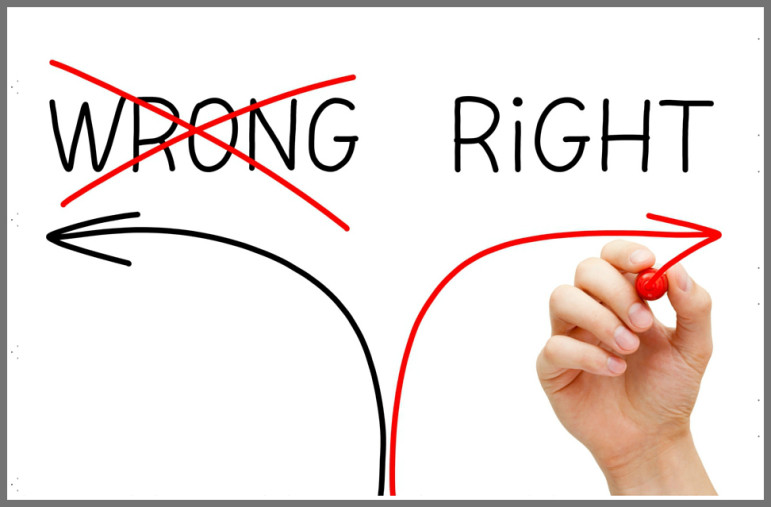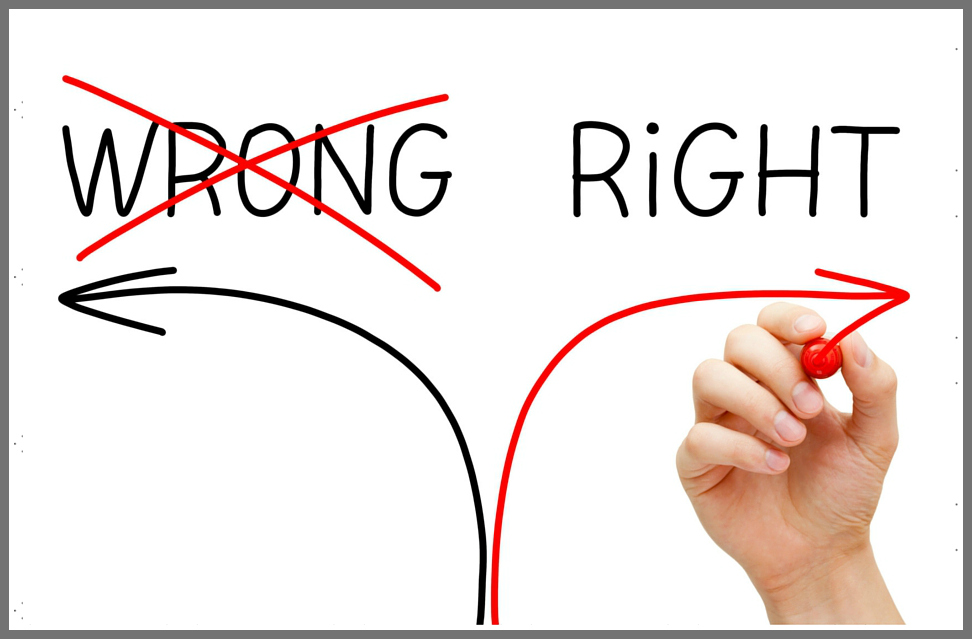 In order to publish or broadcast a piece of journalism that successfully empowers citizens to hold those in power accountable, the work must be, above all, one thing: credible.
In order to publish or broadcast a piece of journalism that successfully empowers citizens to hold those in power accountable, the work must be, above all, one thing: credible.
“Fact-checking is career insurance,” said Nils Hanson, the veteran investigative editor at Swedish Public Service Television (SVT), as he opened Fact Check Your Story — Before it’s too Late, his talk at the Global Investigative Journalism Conference last weekend.
“Every mistake we make will be used against us.”
In referencing the protocols they use at SVT, Hanson shared tips and tools for newsrooms to utilize in their pre-publication/broadcast quality control.
AVOID
Tunnel vision and favoring information that confirms your belief. You might be telling true facts, but are you telling the whole truth?
ASK YOURSELF
Do I have a story? You don’t know until you’ve heard the other side.
Is this a fair picture? Are you maximizing the negatives? Are you asking critical questions on both sides?
Does something feel out of context? Is the tone of the music appropriate?
How could I be wrong? Be your own devils advocate.
Are there any mitigating circumstances in favor of the subject of the investigation?
Are all facts correct and verified? Including, but not limited to: names, figures, statistics, quotes, and graphics
Is any relevant information missing, and would other facts change the general picture? What are your reasons for not including them?
Are all conclusions well founded? Should I soften or sharpen them?
What kind of criticism might come after publication? Is everything accurately transcribed?
TIPS
Welcome any and all resistance. Talk to everybody, examine the experts, question the victim.
Don’t rely on other media.
Have precision. If the number is 280, say that, don’t say “several hundred.”
Watch out for overstatements like Everybody says… They haven’t done anything… Riots spread throughout the whole country. Really?
Confront your target as early as possible. If the target does not respond, document your efforts to persuade the target and include it in your report.
Read or watch the story and examine the overall picture: is it trustworthy and balanced?
 Abby Ellis is a reporter and documentary filmmaker based in New York City, where she covers surveillance, climate change, systematic failures and corruption across a wide-range of platforms. Her latest work can be seen on the documentary series VICE on HBO.
Abby Ellis is a reporter and documentary filmmaker based in New York City, where she covers surveillance, climate change, systematic failures and corruption across a wide-range of platforms. Her latest work can be seen on the documentary series VICE on HBO.
Abby reports on this event as part of the IACC Young Journalists Initiative, a network reporting on corruption around the globe.

